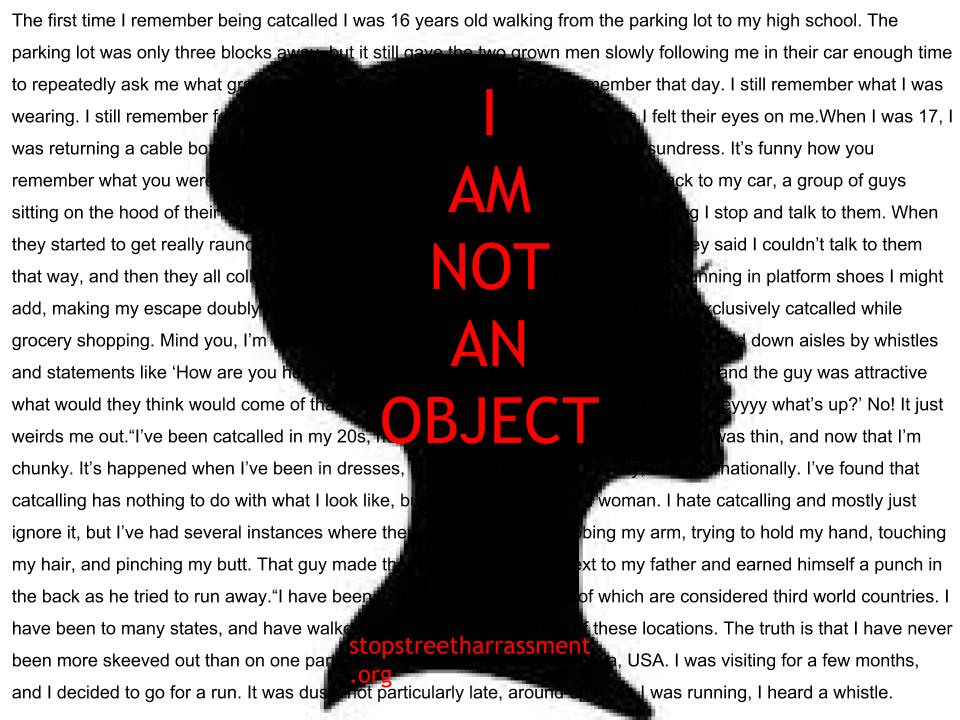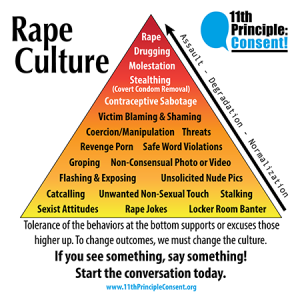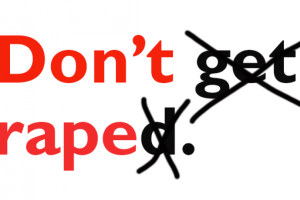The recent reports of 150 female inmates in the Democratic Republic of Congo (DRC) being raped and burned to death are not just a tragedy – they are grotesque manifestations of the global pandemic of misogyny.
This act of unspeakable violence is not an anomaly. It is the logical endpoint of a world that devalues women’s lives, weaponizes their bodies, and treats their suffering as collateral damage in conflicts fueled by patriarchy, colonialism, and greed.
We must name this atrocity for what it is: flat-out misogyny, amplified by systemic failures that enable gendered violence to thrive.
To call this atrocity a mere byproduct of the DRC’s long-standing conflict is to erase its gendered specificity. These women were targeted because they were women. Their bodies became battlegrounds in a war that weaponizes rape as a tool of domination, a pattern seen globally (including in the insurgent regions of Northeast Nigeria, South East Nigeria and the Niger Delta) but acutely in the DRC, where over 1,100 women report sexual violence DAILY.
This is not random violence—it is terrorism designed to annihilate women’s autonomy, dignity, and humanity; It is a gendered terrorism.
Again, we ask: Which women? Female prisoners. The usual patriarchal culture of scrutinizing women who fall victims of the rape culture has continued, as a way of finding fault in them and dismissing their victimhood.
In the DRC, rape as a weapon of war intersects with poverty, ethnic marginalization, and the legacy of colonial exploitation. Many victims are Indigenous women, displaced persons, or those already trapped in carceral systems that criminalize poverty rather than protect them.
This is why they are in prison in the first place. Their vulnerability is not incidental—it is engineered by systems that discard marginalized women.
When atrocities like these occur, the cry for “justice” often begins and ends with incarceration. But prisons, as they exist today, are not solutions to gendered violence—they are extensions of the same oppressive systems that perpetuate it.
Incarceration relies on punitive logic: inflict pain to deter crime. Even though everyone has a choice to make in life, this logic would have worked if rape was a rational choice.
But misogyny is not a rational choice—it is a cultural pathology. Rapists are not “bad apples”; they are products of societies that glorify male dominance, dehumanize women, and excuse violence as inevitable.
Throwing these perpetrators in cages does nothing to dismantle the ideologies that created them.
This is what has been revealed by this incident.
Most women in prison are also in prison because of the effects of patriarchal culture. Carceral systems disproportionately harm marginalized women, including survivors of violence. In the DRC, women are often imprisoned for “moral crimes” (e.g., prostitution, adultery) while their abusers walk free.
Prisons themselves are sites of sexual violence globally, with guards and inmates weaponizing misogyny behind bars. Demanding more incarceration for rapists risks further brutalizing women, and therefore we have to think of better solutions.
Most prisons offer no meaningful rehabilitation and that is why this incident happened.
They do not teach accountability, empathy, or consent. They do not address the toxic masculinity, entitlement, or dehumanization that drive rape culture. Without transformative interventions, released perpetrators often re-offend, and this perpetuates cycles of harm.
To break out of this cycle, we need to go beyond punishing rapists. We need to conceptualize how to rehabilitate them socially, personality-wise and even clinically, where necessary.
This social healing starts from educating ourselves against the rape culture that glorifies toxic masculinity, normalizes male entitlement and explains away the dehumanization of women.
The more we educate this society against rape culture, the less we have survivors of rape and the more we have men and women who draw their social power from the fact their cognitive growth instead of drawing it from dominance over women.
We are powerful because of what we have survived, and that is what it is all about—survival and growth.
Audre Lorde
Written by Mayowa Oladapo
Faculty of Arts
OAU
References:
https://www.aljazeera.com/amp/news/2011/5/12/rape-of-women-in-dr-congo-tops-1000-a-day






